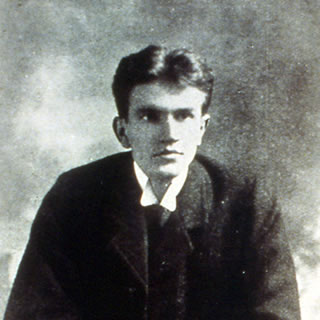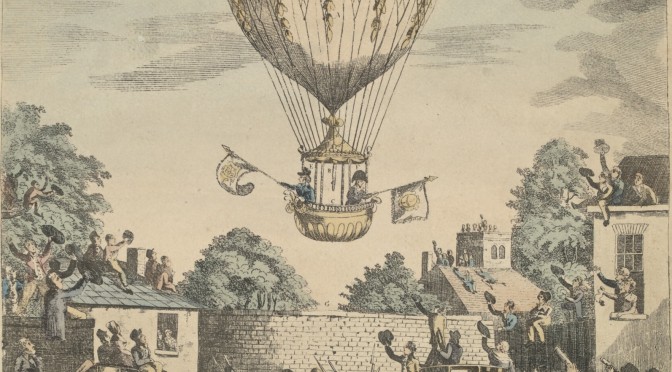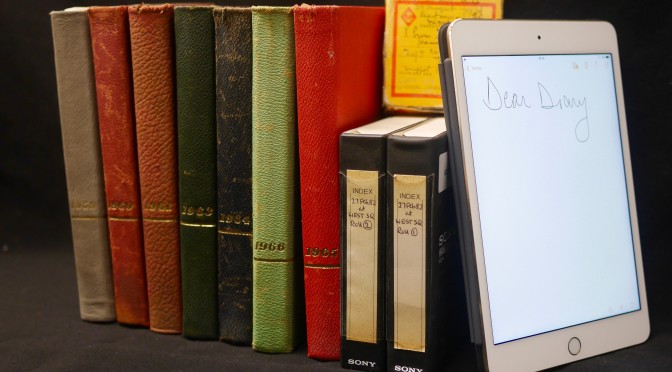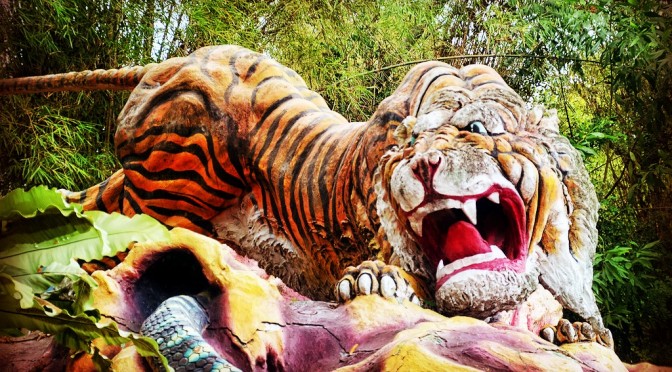by Clare Brant, Professor of Eighteenth-Century Literature and Culture and Co-Director, Centre for Life-Writing Research
The Dear Diary exhibition is now open, until 7th July! Promotion got underway well before opening, with various radio features including Radio 2’s Jonathan Ross Show on 4th May, and BBC London, Monocle Radio, Radio Oxford and other outlets; on 3rd June, I take Dear Diary to Radio 4’s Saturday Live show (listen from 9:00 BST).
One publicity commission was for the Sunday Times series ‘6 of the Best’. I thought long and hard and put together a list only to discover that ‘Best’ is determined by what the picture editor thinks can be illustrated best. Several suggestions hit the cutting room floor. One was British artist Ian Breakwell’s visual diary – an idea I owe to Lucy Bayley, a PhD student at the ICA (thank you, Lucy). You can see a selection of Breakwell’s work at the Tate, including The Walking Man Diary (1975-1978).
A diary’s lure of intimacy…
Breakwell has made various experiments with the diary form. One of the most compelling is the photographic diary he made of an unknown man who regularly walked past Breakwell’s flat in Smithfield in the City of London, where from his third floor window the artist was often looking out. The images all have the same vantage point and the same mysterious subject; the passing of time is captured through the diary unevenly, so that some photographs are taken seconds apart while others are separated by months. The resulting pattern of similarity and difference, heightened by collage, plays with a diary’s lure of intimacy: by denying us even incremental knowledge, Breakwell makes his diary intriguingly baffling.

Another suggestion was W.P. Barbellion, The Journal of a Disappointed Man (1919). This diary has an extraordinary story. The author’s real name was Bruce Cummings; he made his pseudonym from Wilhelm, Nero and Pilate as examples of the most wretched people to have lived. Continue reading Leaves of Silk



